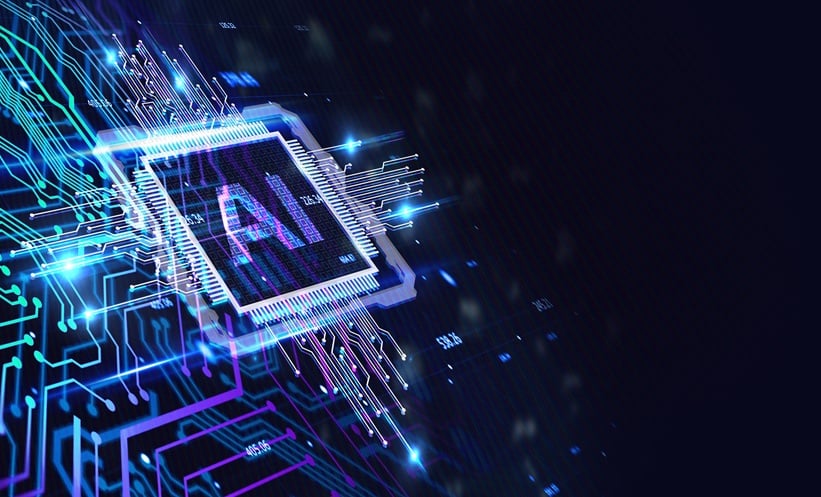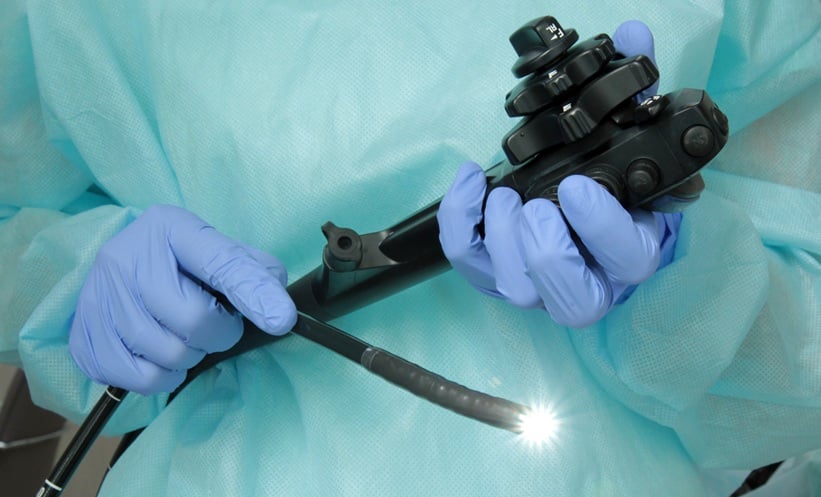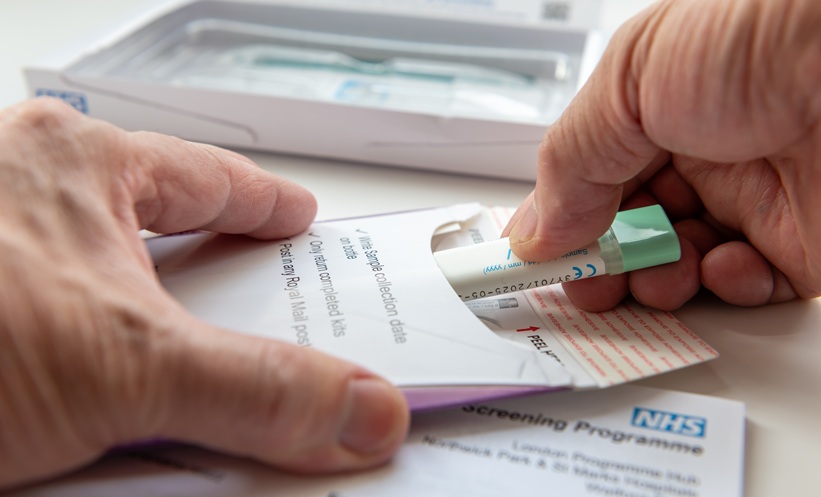Artificial intelligence is showing strong potential to streamline cancer diagnostics by accurately predicting immunohistochemistry (IHC) biomarkers from routine H&E slides, according to a new study.
Researchers developed an automated pipeline to train deep learning models using over 400,000 image tiles from 134 matched H&E and IHC whole slide images (WSIs). Five models were created to predict clinically significant biomarkers—P40, Pan-CK, Desmin, P53, and Ki-67—across various gastrointestinal cancers, including oesophageal, gastric, and colorectal tumours.
The AI models performed robustly, with area under the curve (AUC) values ranging from 0.90 to 0.96 and accuracies exceeding 83%. To assess clinical applicability, 30 cases were reviewed by three pathologists using both AI-generated IHC and traditional IHC, in a blinded, multi-reader, multi-case study. Results showed high consistency in diagnoses for Desmin, Pan-CK, and P40 (up to 100%), and moderate agreement for P53 (70%).
The study also evaluated tumour staging and Ki-67 proliferation indices, showing an 86% consistency rate and acceptable variability between AI and conventional methods. While the intraclass correlation for Ki-67 quantification was moderate (ICC = 0.415), the findings still support AI-IHC’s role as an assistive tool in routine pathology.
By reducing time, tissue use, and dependence on manual expertise, the AI-based IHC approach could complement conventional diagnostics—particularly in settings with limited pathology resources. The study underscores the growing value of digital pathology and artificial intelligence in enhancing cancer care.
Reference
Wang J et al. Development and clinical validation of deep learning-based immunohistochemistry prediction models for subtyping and staging of gastrointestinal cancers. BMC Gastroenterol. 2025;DOI: 10.1186/s12876-025-04045-0








